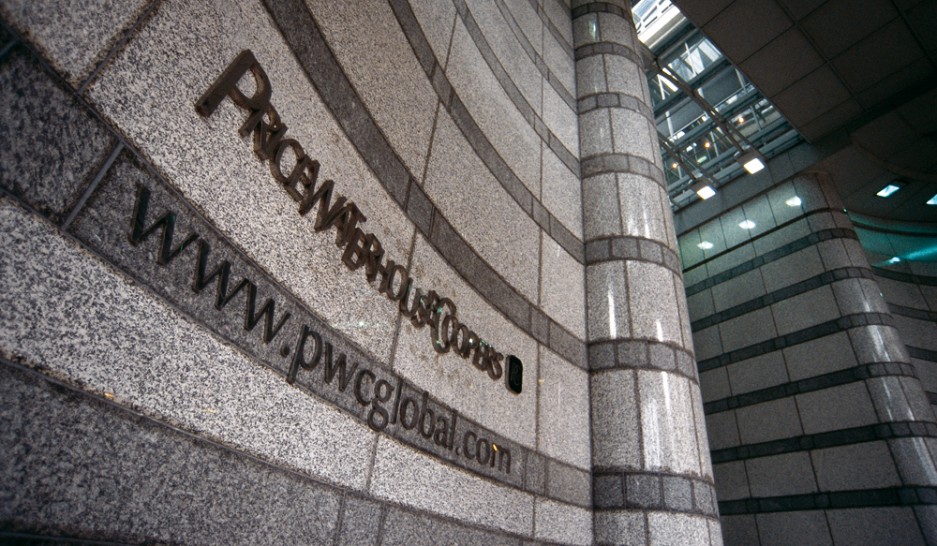According to data from consultant PwC, the UK average house price will grow by around 3% per year between 2018 and 2022.
However, in the capital prices are expected to fall by 1.7% this year, by 0.2% in 2019 before returning to around 2.6% growth from 2020-2022.
PwC’s research found that only around 11% of UK households would be immediately affected by an increase in mortgage interest rates, compared to around 24% in 2012.
This is due to the proliferation of fixed-rate mortgages now being taken out and by more people either owning their home outright or renting.
Analysis by the consultant also confirmed that house price rises were often linked to a lack of new housing supply compared to population growth in the area.
For example, it believes around 110,000 more homes would need to have been built in London in 2011-16 to keep up with population growth.
Stable house price to earnings
The house price research echoes similar findings from property group Savills in November which suggested a dip in London prices compared to sustained growth around the rest of the country.
PwC estimates the average UK house price will rise from £221,000 in 2017 to around £285,000 by 2025 which it believes will mean the ratio of house prices to earnings is likely to remain broadly stable, but still at high levels by historical standards.
However, London house price growth should pick up again from 2020 with the average price of a London home in 2022 projected to be £509,000, compared to £141,000 in the North East.
This, PwC said, means the large affordability gap between the capital and other UK regions is set to remain.
Not concerned about small rate rises
PwC senior economist Richard Snook said: “UK house price growth remained resilient in 2017 despite a weakening economic backdrop, but has shown signs of moderating during the first half of 2018, particularly in London.
“Affordability in the capital has been stretched due to three factors: a high deposit saving hurdle, increased economic uncertainty relating to Brexit acting as a drag on international investment, and reduced numbers of housing transactions due to stamp duty changes.”
And the consultant was bullish on how much regard for mortgage-holders the Bank of England’s Monetary Policy Committee (MPC) should take when considering increasing its base rate.
John Hawksworth, chief economist at PwC, added: “The MPC has a finely balanced decision to make on interest rates in August.
“But they should not be overly concerned about small rate rises causing significant short-term economic damage, given our estimate that only around 11% of UK households would be immediately affected by any rise in mortgage rates.”
















